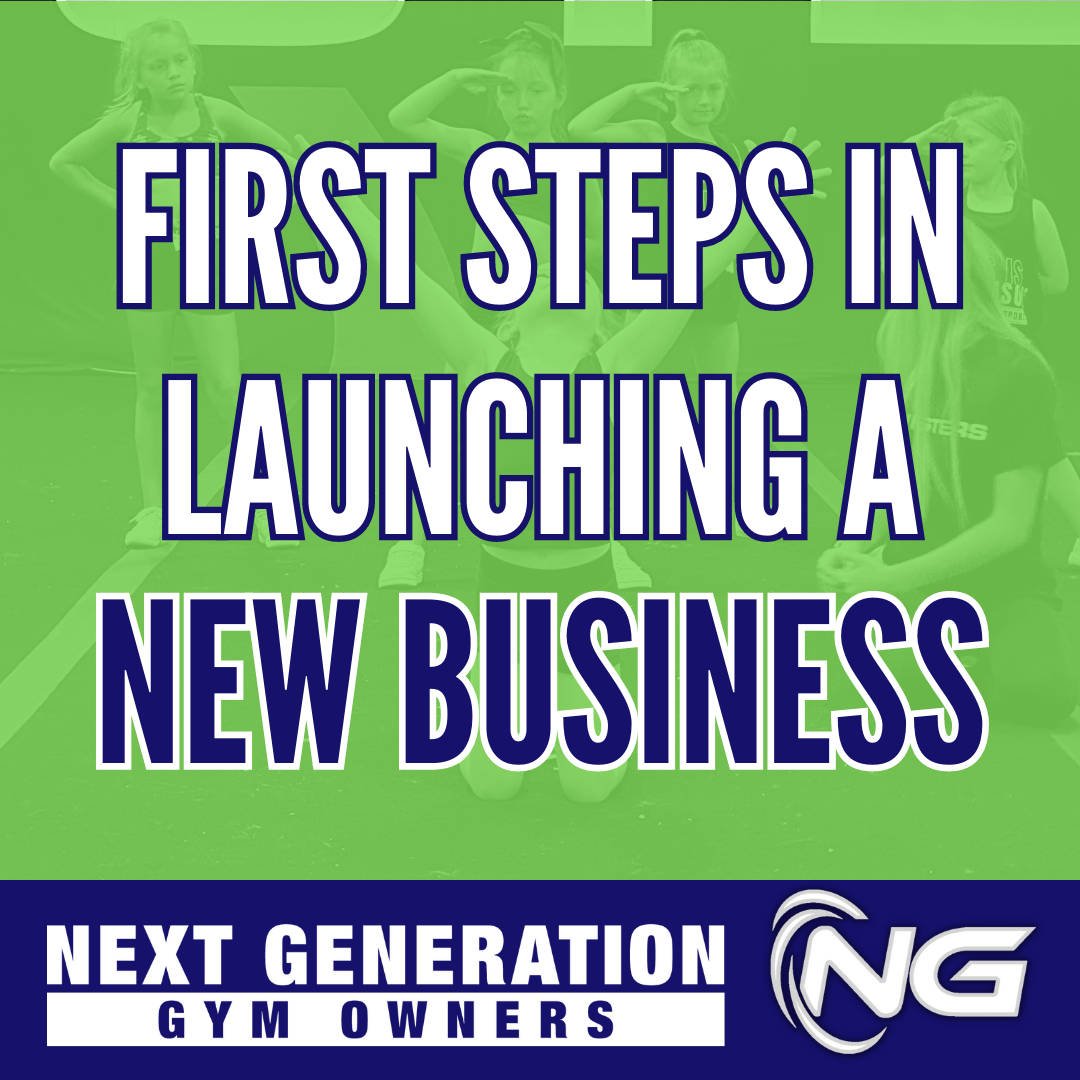Looking to start a business? If you know me, you know I basically love having a variety of businesses. Some of them I run for a period of time and then sell or they’re designed to be temporary in the first place (like a home flip).
Throughout the last 10 years, I’ve learned a lot of tips and tricks for starting businesses and getting them launched. Aside from the nine I’ve been a part of (many of which are for rental properties or real estate), I’ve also helped about seven other people launch their businesses. Now, it’s important to note, while I’ve done this in other states, my main level of education is here in Missouri. So, it’s very important to reach out to your state’s government to find out exactly what steps you need to take. I’ll keep my checklist general (and there may even be a few steps you can omit based on your state’s requirements.)
As I have said before, I’m not a lawyer. So this is not a legal document of any kind. I advise you to use your discretion and reach out to a local attorney if you need further assistance creating a business entity:
Things to Think Through
- Can your community sustain the type of business you’re looking to start?
- How often will people need to purchase from you or use your services in order for you to be profitable?
- Draft out your expenses (you may need to look online to get an idea what a lease might be). How many sales do you need to make per month to cover expenses? How many sales do you need to make in order to pay yourself? To take a profit distribution?
- How many employees will you need? Can your community support the level of education and skill you will need for employment?
- Who is currently filling the need of your potential customer base? Are they traveling a far distance for this service? Even those who are traveling – will they change behaviors if there is an option closer? (While the easy answer is “yes”, consider – if you were a small boutique, you’re unlikely to shift a customer’s behavior patterns if they’re accustomed to shopping for clothing at Target. You’ll need to really think through a specific customer base.)
- Who is your avatar? Does that person exist in your community in abundance? If you’re starting a daycare, but you’re located in a retirement community, that might be challenging.
- How far will people need to travel to reach you? Most like to stay within their current driving patterns.
- Is there a facility that can accommodate your business within that region? I needed high ceilings for our first business, and that severely limited our choices.
The Legal Stuff
- Register your business with the state. If you’re looking to start a cheer gym or after-school program, an LLC is the most common entity. You can find the advantages of an LLC HERE. Businesses can also be run as sole proprietorships or partnerships. So, after doing some research, if you’re not quite sure which direction you want to go, speak to an attorney. A CPA can also be helpful.
- Next, you’ll head over to IRS.gov and register for an Employer Identification Number. Even if you don’t intend to have any employees, you’ll need this for many things over the years including setting up your business bank accounts.
- You’ll then want to get a sales tax ID from your state. If you’re in cheerleading, some states will charge sales tax on services, and others will not. You’ll need this either way as you’ll be selling proshop apparel and maybe even snacks.
- Then, you’ll want to check with BOTH your city and county to find out if you need a merchant’s license or business license. Typically you can call City Hall and the Courthouse to accomplish this, though bigger cities may have separate offices who can assist with this.
- It’s also helpful to have a business plan. Many years ago, in grad school, I was taught that you simply couldn’t start a business without a business plan. A few months later, I started a business and it slipped my mind until I went to obtain a loan to purchase a building. I think a business plan is a solid decision to ensure you know exactly what you’re wanting to do in business and that you’ve done the math to ensure it can be profitable.
Once you’ve done all that, you’ll want to find out what you need from the bank in order to set up a business bank account.
Banking
- Make sure you’re checking with a bank that has a good app. We’ve worked with a few, and I like the option to review my transactions from a mobile device. A few other things I like: No monthly fees (this one is tough, but you CAN find a bank who offers this!), electronic statements, no penalty for transferring pending charges (if you eventually use Profit First, this is helpful), and a bank that can one day offer Small Business Loans.
- You’ll need to find out what information they’ll need. Here in Missouri, they need a Charter and Articles of Organization (you can get those straight from the state’s website where you registered your business). You’ll also need an operating agreement. This is a contract of how you will operate your business. If you have partners, it has some specific requirements such as what percentage of the business you each own, and what happens in the event of divorce, death or the sale of the company. This can be lengthy, but a great attorney can draft one of these pretty easily.
- Then you’ll get your accounts set up. I like to nickname my accounts so it’s easy to do transfers on the app or online.
Finally:
- You’ll want to start looking for a facility. Sometimes the economic development board within your county will have data on traffic patterns in your town. That can be helpful as it will help you see where people are already passing.
- Do you need a facility with signage? Many landlords require a certain type of sign. We once paid $8,000 for a sign. That was cheap compared to many businesses I’ve worked with in more commercial locations. There are also sign permits required in some cities. You’ll want to look at the cost of obtaining those permits.
- Make sure you have room to grow. The #1 problem I see is businesses picking a location conservatively that they won’t have room to grow. Then, they’re stuck there for a number of years.
- Not everyone needs window space. Our first business was in the back of an old Walmart. I had almost no street signage. We negotiated with the landlord, who allowed us to put a sign on the corner of the street underneath his hotel sign. That was sufficient for a few years, and we made sure to put our phone number and website on there for anyone who didn’t realize we were right around the corner.
- Look at the lease. Is there room for growth? Is there a step-increase on payment? Are you responsible for triple net if the property taxes or insurance go up? Remember – everything is negotiable, but a landlord has to be very convinced your business will succeed in order to take that risk.
- Think about the length of the lease. If you find out your building isn’t sufficient, do you want to be locked into a 7-year lease? Can you negotiate a 3-year with a possible 3-year extension at the same rate? Will the landlord be willing to step increase the rent? Give you a first month free so you can prepare the space? Build to suit?
These are just a few of the things that you’ll need to do when first starting your business. We could write a book that goes much further in depth, but each step is very detailed, so get started and reach out to Next Gen if you need any help at all! Also, don’t forget to check out the Next Gen Academy where we’ve helped tons of business owners launch their gyms and grow their programs! Click HERE for more information.









